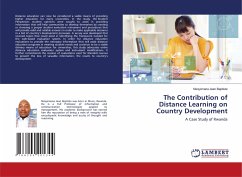Structured around a series of biographical narratives that investigate domestic kitchens in India and the U.S., this research explores how Indians from disparate cultural backgrounds alter their ethnic identities when they immigrate to the U.S. By simultaneously adopting, adapting, and inventing new, hybrid practices because of the alien cultural and spatial environment of American suburban apartment kitchens, these immigrants construct a flexible behavior, which manifests itself in the formation of their transcultural identity. Through these transcultural practices, Indian immigrants end up performing roles that transcend the rigid boundaries of gender, class, caste, regional, and religious cultural identities that defined them in their home country. Being "different" in a new society actually erases previous differences among Indian immigrants, allowing them to create a singular national Indian community in the U.S. and to identify with the notion of "Indian-ness," a concept that Indians living in India rarely experience, except on special occasions, and never in their everyday lives.








